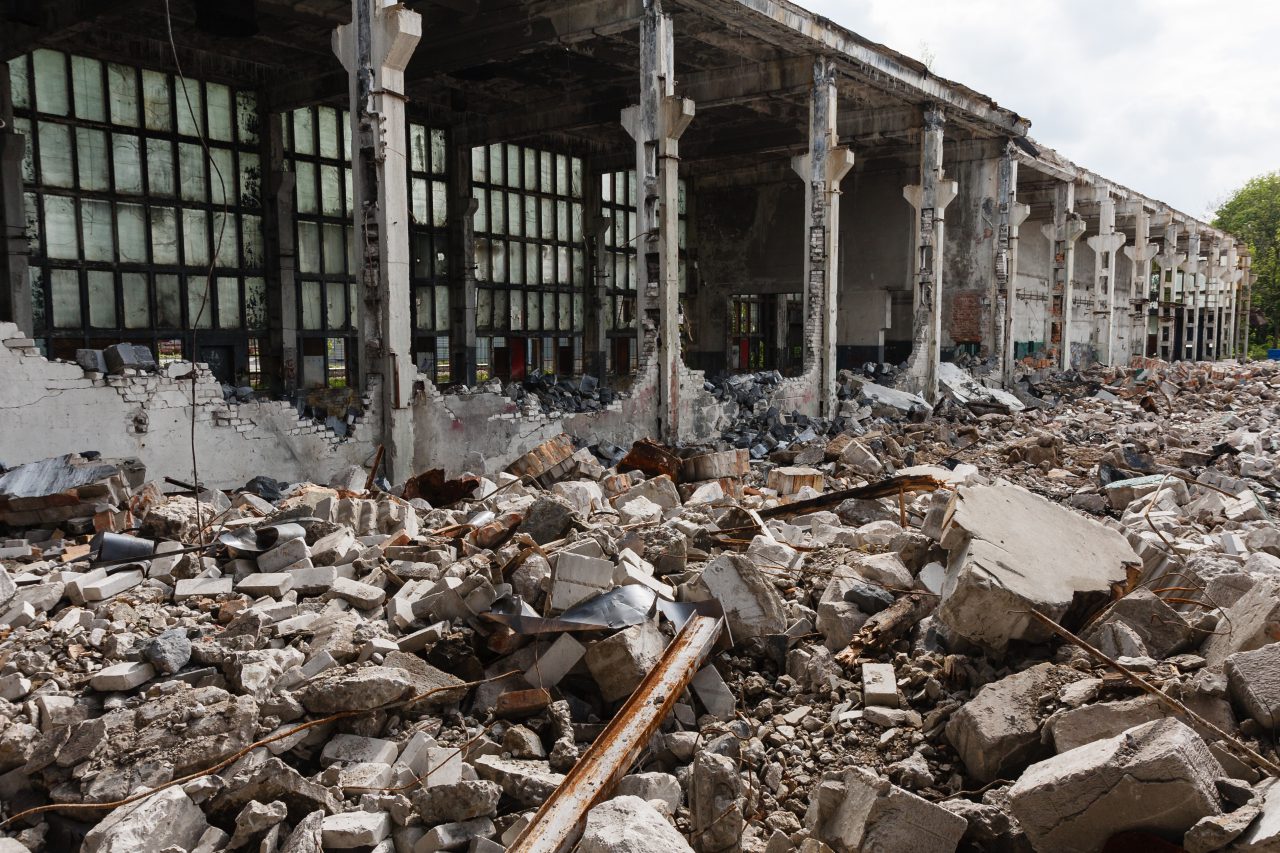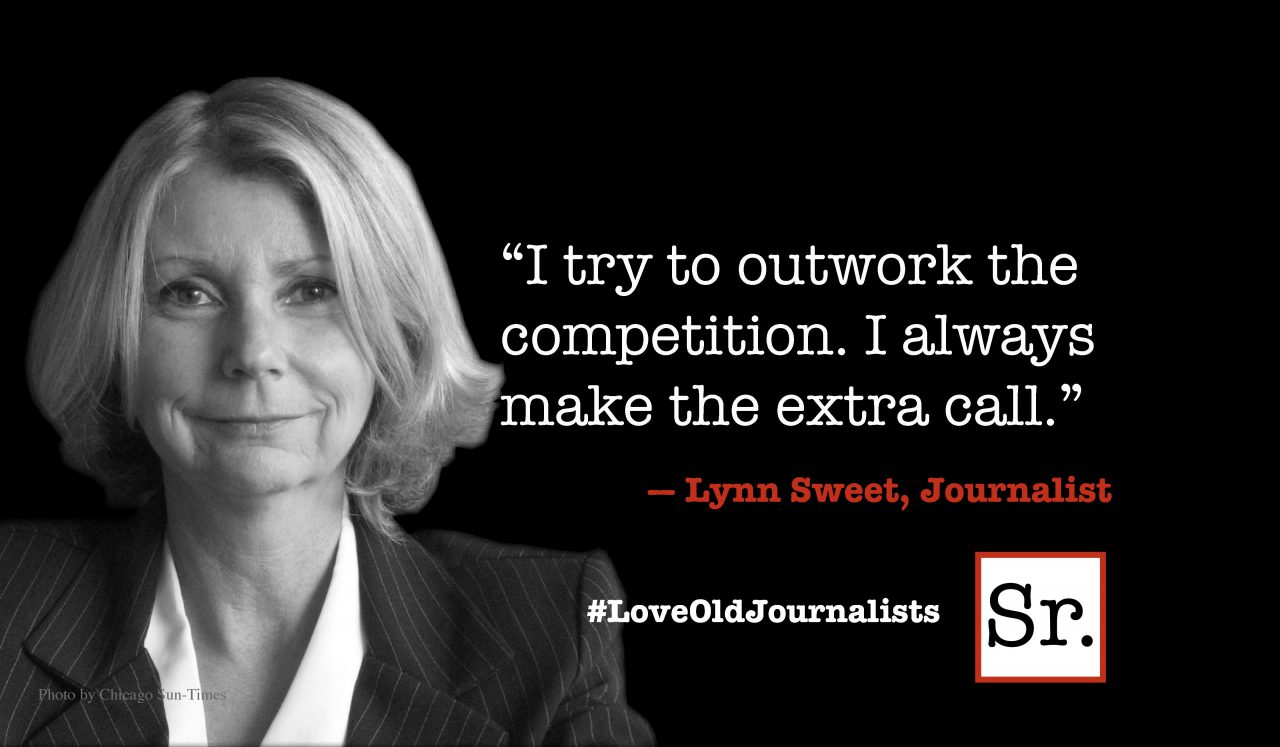To hear Turkish president Recep Tayyip Erdogan tell it, July’s abortive military coup against him was masterminded from a sprawling red-roofed building in a remote corner of Pennsylvania’s Poconos mountains.
This is the exile home of Fethullah Gülen, a 75-year-old Muslim cleric who turned from an ally of Erdogan to his most influential adversary.
Just hours after the coup collapsed on July 15, leaving more than 270 dead, Erdogan pinned the blame on Gülen and said to the cheers of supporters in Istanbul: "I call on the United States and President Barack Obama: Dear Mr. President, I told you this before, either arrest Fethullah Gülen or return him to Turkey.”
From his bucolic eyrie at Saylorsburg, a village of 1,100, Gülen responded with an op-ed piece in The New York Times. He denied involvement in the coup and charged that Erdogan was trying to blackmail the United States into extraditing him by threatening to curb Turkey’s support for the fight against ISIS. “The temptation to give Mr. Erdogan what he wants is understandable,” Gülen wrote. "But the United States must resist it.”
Turkey’s support for the anti-ISIS fight includes allowing the United States to use Incirlik Air Base near the border with Syria. Incirlik became a key operations center for the U.S. air war against ISIS in September 2015 after the Turkish government lifted a longstanding ban on American use of the airfield for combat strikes. Before that, much to the irritation of U.S. Defense Secretary Ashton Carter, the Turks limited use of the base to U.S. surveillance and reconnaissance missions.
Exactly who orchestrated the coup and why are questions yet to be answered fully, but the vast scale and scope of the purge that followed prompted calls for restraint from Turkey’s Western allies and accusations of human rights violations from Amnesty International. Ban Ki-moon, the secretary general of the United Nations, expressed “deep concern” and urged the Turkish government to adhere to its human rights obligations.
Ankara paid little attention. By the end of July, more than 66,000 had been arrested, fired, or suspended from their jobs. They ranged from generals and judges to police officers, school teachers, education ministry officials, prosecutors, journalists, academics and even soccer referees.
In the government version of the purge, those caught in the dragnet were part of a “parallel state” of Gülen supporters. To many independent analysts, the “cleansing of a virus” from state institutions, as Erdogan phrased it, looked much more like an attempt to silence all criticism and pave the way to unfettered presidential power after years of increasingly authoritarian behavior.
According to public opinion polls taken since the coup, a majority of Turks share the government’s contention that Gülen was behind the coup. Taking their cue from the shrill anti-American tone of pro-government newspapers, most Turks also believe that the United States was complicit in mounting the failed putsch. Erdogan himself has stopped short of such allegations, but in a televised speech in early August he accused “the West” of supporting terrorism and standing by coup plotters.
Last May, Erdogan designated the religious and civic movement headed by Gülen a terrorist organization. Known as Hizmet (Turkish for service), it comprises a global network of charity groups, businesses and around 2,000 schools in 160 countries, from Australia to Pakistan and Somalia. The schools, including 160 charter schools in the United States, teach a secular curriculum in English and have won academic accolades in many places.
How relations between Erdogan and Gülen’s Hizmet turned from alliance to enmity highlights the complex and obscure nature of politics in Turkey and a long-running tug-of-war over the role of Islam. For decades, successive governments stuck to the vision of Mustafa Kemal Atatürk, modern Turkey’s founder and first president, of his country as a secular, Western-oriented republic. Wide-ranging reforms included a ban on headscarves and other religious attire.
Neither Erdogan nor Gülen share Atatürk’s vision, and both want to establish a state that has Islam at its core. Until 2002, when Erdogan’s Justice and Development Party (AKP) won the elections, efforts to Islamise Turkey were kept in check by “Kemalists” in the officer corps who saw themselves as guardians of secularism.
Gülen followers helped the AKP implement economic policies, but the marriage of convenience fell apart in 2013 when prosecutors thought to be Gülen sympathizers launched a massive corruption probe that led to the resignation of three top ministers in Erdogan’s government. Soon after, Erdogan issued his first call on the United States to deport Gülen. The Obama administration took no action.
Whether the latest request will be more successful is open to doubt. State Department officials say they have begun reviewing 85 boxes of documents sent from Turkey to back up the case for extradition but have yet to receive a formal request. The United States says it needs “direct evidence” of Gülen’s involvement. So far, that appears to be lacking.









